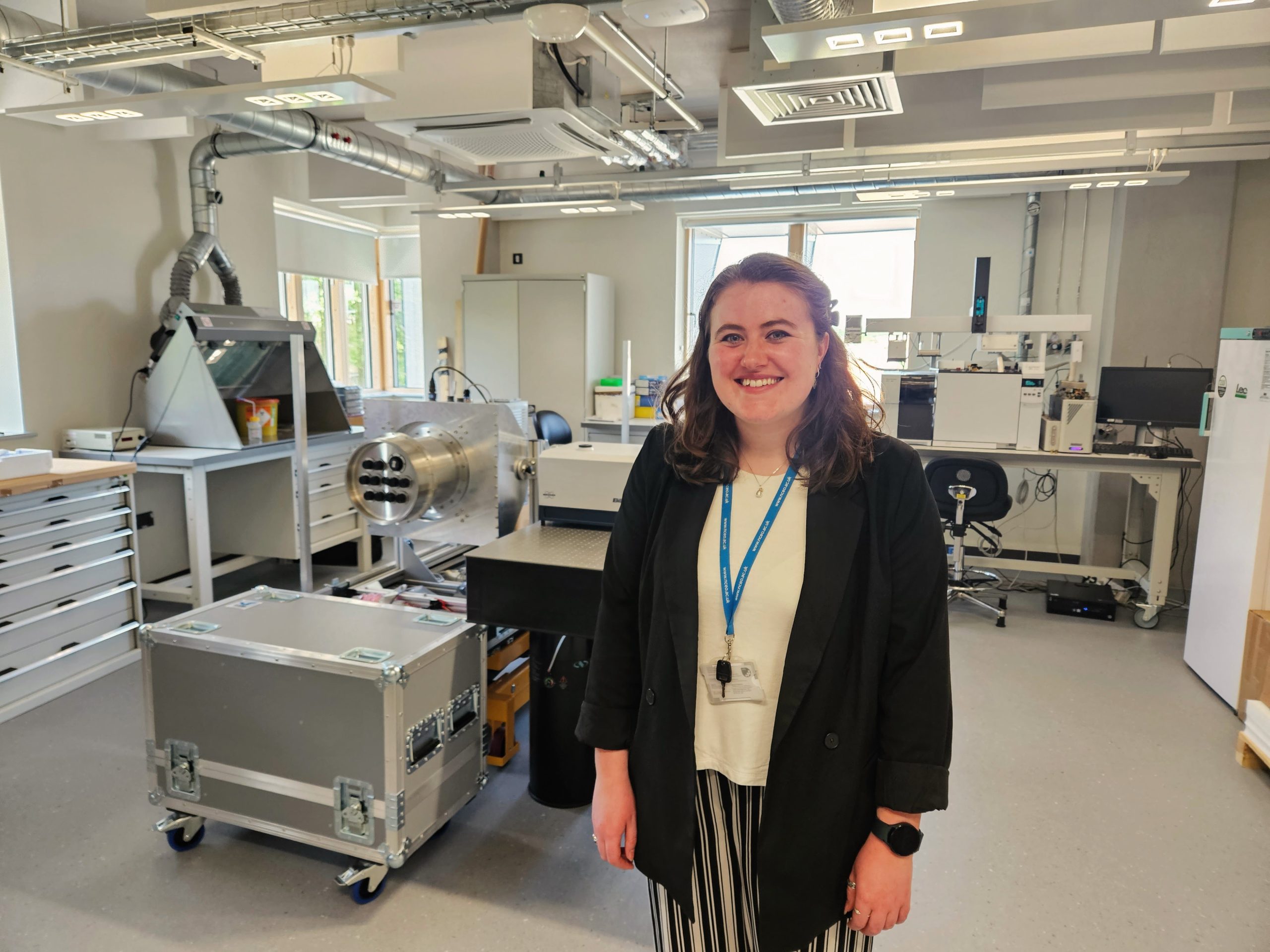
Sustainability
Sustainability within NCEO
As an environmental research centre, NCEO is committed to reducing our environmental impact and embedding sustainable practices throughout the centre.
The main area of focus for reducing NCEO’s environmental impact is through our scope 3 emissions, these are emissions that are an indirect result of our research and activities. These emissions make up the largest portion of NCEO’s carbon footprint and include the emissions from travel, research and computing activities.
Prioritising these areas, ensures that NCEO’s environmental practices are embedded across the distributed centre locations and environmental activities work cohesively with the policies and practices of NCEO partners.

NCEO Stakeholders
Understanding the environmental impacts from UK and global activities is a key focus for developing environmental mitigation strategies and influencing national policy. NCEO are driving Earth Observation (EO) research to better understand these impacts within the UK, providing an important step towards the UK’s net-zero target.
UK Research and Innovation (UKRI) and the Natural Environment Research Council (NERC) are working towards targets of net zero by 2040. As NERC’s national capability partner for EO, NCEO activities support this target and NCEO’s environmental ambitions align with NERC’s Environmental Policy and Sustainability Strategy.
Sustainable NCEO
The NCEO Environmental Sustainability policy outlines the foci of NCEO’s environmental activities and the steps towards mitigating environmental impacts. Alongside the policy, NCEO have developed its Sustainability Statement for NCEO staff and wider colleagues.
Currently, NCEO are engaging in a number of environmental activities including the implementation of the Laboratory Efficiency Assessment Framework (LEAF) within NCEO’s headquarters at Space Park Leicester. The aim of the framework is to reduce environmental impacts from laboratory research, improving efficiency of research and saving money and carbon in the process. In 2024, the framework will be rolled out to other NCEO sites across the country.
Other ongoing environmental activities across NCEO include:
- Biodiversity initiatives across our locations
- Improvements to the efficiency of our research, focusing on the use of computing power within our projects as demonstrated in current GPU work at PML by NCEO researchers.
- Comprehensive sustainability training for all staff, encouraging behaviour change within the centre.




From a research perspective, NCEO are key partners in a number of projects focused on emission reductions.
These include the GEMMA Emissions Measurement System Programme and the MicroCarb mission. Both projects are looking at carbon sources and sinks across UK and at global scales.
Looking forward
Moving forward, sustainability will form a key part of NCEO’s strategy for 2024 and beyond. Through the development of comprehensive emission reduction targets and realistic travel guidance for NCEO staff.
NCEO will also work to further align our environmental practices to our funding body, NERC. Increasing and promoting biodiversity across NCEO centre locations and encouraging key NCEO stakeholders to improve their environmental impact across computing and EO research.

Training

Free, online training courses, produced by NCEO experts, in a variety of the Earth observation topics including data assimilation, data processing and monitoring atmospheric composition.

